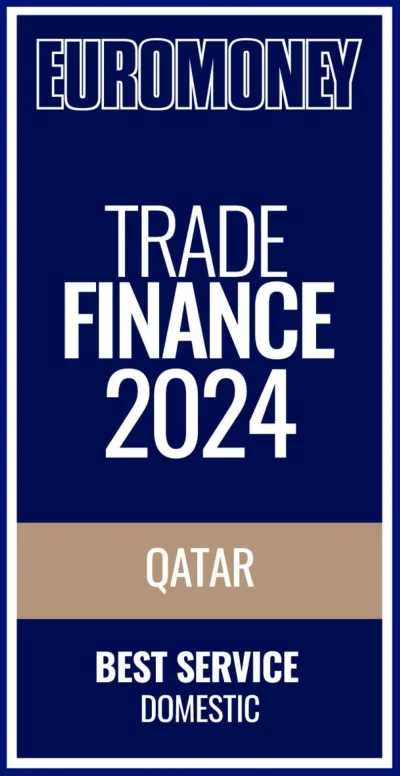That it happened against the backdrop of a cruel regional blockade only came as poetic justice. Not only were the perpetrators of the blockade forced to eat humble pie on the field – Qatar beat both Saudi Arabia and the UAE in the tournament on the way to the title – they were also reminded that sport is a great leveller, that sometimes it can even trump the viciousness of politics with nothing more than a gentle slap on the wrist.
The victory couldn’t have come at a more opportune time: Qatar was just a little over three years away from hosting the FIFA World Cup in 2022 and preparations had gathered an extra zing. The traditional bastions of football which had previously been condescending of Qatar if not brazenly contemptuous after it won the hosting bid, suddenly developed a new admiration. Respect started replacing snobbery, reason began prevailing over scorn.
One of the main reasons for Qatar’s first Asian Cup title was the quality of the league. Officials have in the past often spoken of their ambition to make the league the best in Asia. It seemed a tall order with continental giants like Japan, South Korea and Saudi Arabia seemingly streets ahead. But now that’s no longer the case.
In fact, it has been officially recognised by the Asian Football Confederation (AFC) as the second best in Asia, and by the time Qatar hosts the World Cup, it could be the topmost league in the continent, according to Ahmed Khellil Abbassi, the QSL’s Executive Director of Competitions and Football Development.
“The Qatar Stars League has a vision, to be the best in Asia by 2022, both on and off the field. We had aimed to be in the top three by 2020. We achieved that last year with the AFC recognising officially declaring it as the second best in the continent,” Abbassi told journalists during an interaction.
“On the field we are already one of the best in Asia according to several parameters. We have some great professional players in the league like Gabi (Al Sadd), Pierre-Michel Lasogga (Al Arabi), Mario Mandzukic (Al Duhail) etc. Mandzukic even scored for Croatia in the final of the 2018 World Cup against France. We have foreign players from more than 20 countries in the league. It reflects our diversity.
“We also have some top coaches in Xavi (Al Sadd), Rui Faria (Al Duhail) and former Iceland boss Heimir Hallgrimsson (Al Arabi).
Apart from the quality of the players and coaches, a whole lot of statistics also point to the QNB Stars League’s superiority, for example the average pace of matches.
The playing pace is calculated through the number of passes per minute. The higher the number, the faster the playing pace. Previously, the playing pace in the league reached 16.3 passes per minute. It is now 16.5 passes and this number is one of the best in Asian leagues compared to European leagues, where the ratio in the English, Italian, German and French leagues reaches 17.3 passes. The league aims to top17 passes per minute in order to reach European levels.
“These sort of indicators help set the benchmark. On a technical level we are better than the Chinese, In certain aspects better we are better than Japan and Saudi. We are in a better position than most of the top teams.” Abbassi added that even off the field, the QNB Stars League steals a march over its peers.
“We have the most developed framework when it comes to financial, social and environmental sustainability, besides club professionalism.”
Another factor is that the gap between the teams is getting smaller.
“This season, matches have been hard to predict. They are getting more exciting. For example, Shahania drew 2-2 with Al Rayyan, Al Wakrah beat Al Sadd. There were other upsets.”
Abbassi said Qatar is a pioneer when it comes to innovation in football.
“We are among the first to use tracking devices to evaluate players and the second league after Denmark to use live analysis. Coaches receive stats live on their iPads. We do a lot of research and rely heavily on adaptive change.”
On top of all this, Qataris have won the AFC Player of the Year two times in a row now – Abdelkarim Hassan in 2018 and Akram Afif in 2019.
With the FIFA World Cup fast approaching, Qatari football is surely on an upward curve.



